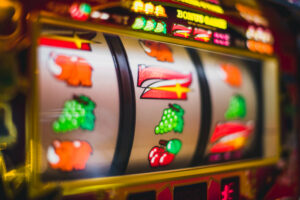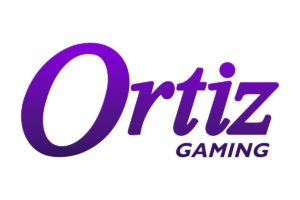Minister defends Holland Casino after media outcry
Sander Dekker has defended the monopoly operator as MPs raise questions following news reports on one player’s losses.
The Netherlands.- Sander Dekker, the minister for legal protection, has defended the country’s land-based casino monopoly Holland Casino after media reports on a player who lost €250,000 at one of its venues.
Dutch MPs submitted written questions to the minister about the operator’s responsible gambling practices after the reports.
They included Socialist Party politician Michael van Nipsen who asked Dekker whether the operator tracked player spending and shared a summary of information with customers.
Van Nipsen also asked whether Holland Casino had a policy in place to detect and flag unsustainable gambling.
Dekker said Holland Casino had policies in place to tackle problem behaviour, but he admitted that the operator does not keep track of individual player losses.
He said: “Holland Casino informed me that it does not register the winnings and losses of players on a structural basis. It is therefore not possible to give a player a printout of those amounts after a playing session.
“Holland Casino’s prevention policy is aimed at early identification of risk and problem behaviour. It uses various indicators for risk analysis, and the frequency of visits is automatically registered.
“If a player is at risk of gambling addiction, the gaming behaviour is monitored more closely, but even then it is not possible to draw up an exact balance of the amounts won and lost.”
Dekker added that collection of personal data must be done in a way that does not infringe on an individual’s right to privacy.
“The collection of personal data must keep pace with the risks that arise. This follows from the statutory duty of care, which means that licensees take measures and facilities that are necessary to prevent gambling addiction as much as possible.”
Van Nipsen questioned that, considering the amount of information on VIP customer behaviour that Holland Casino tracked.
Dekker said he had been informed that Holland Casino kept track of VIP customers’ preferences including favourite foods and drinks, but only after players give consent.
He said: “Holland Casino indicated that these products are not offered when the player arrives. A player participating in the VIP program can order a drink, just like other players. In such cases, Holland Casino knows what the player’s favourite is.”
Asked about how the operator monitors the effectiveness of its addiction prevention plan, and whether it referred players to addiction treatment, Dekker said Holland Casino provided players with extensive information but could not force them to seek treatment.
He concluded that “there is room for further improvement of the assurance of addiction prevention” and noted that the new Remote Gaming Act creates stricter player protection requirements.
They include the creation of a self-exclusion system, Centraal Register Uitsluiting Kansspelen (Cruks), which will be tested in October.
He said he couldn’t say whether Holland Casino’s protection policy complied with gambling regulations since this was a question for the Dutch regulator, KSA, which is currently investigating the policy.
The Netherlands’ new Remote Gaming Act is now due to come into effect on March 1 after Dekker officially announced a two-month delay this week.
Holland Casino, which runs 14 venues in the Netherlands, recently reported a €28.3m loss for the first half of 2020.









